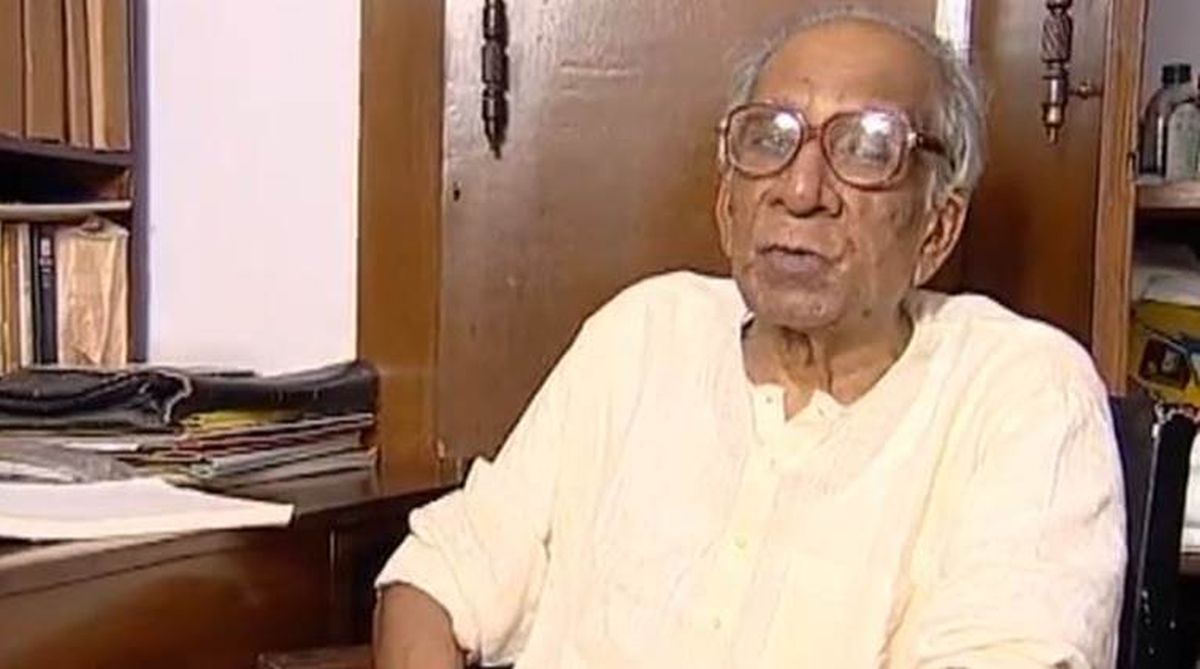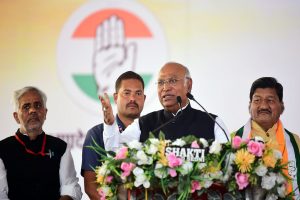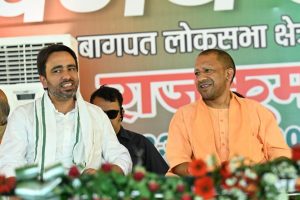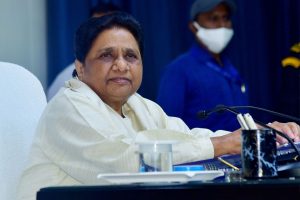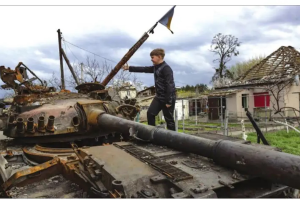His journey into the world of literature had started with short stories. In 1940, when he was only 18 years old, Ramapada Chowdhury, a student of Kolkata’s Presidency College, wrote his first short story, ‘Tragedy’. It even got published in a weekly. Soon, his one story after the other started appearing in different newspapers and magazines, including Purbasha, of which Sanjay Bhattacharya was the editor, and Humayun Kabir-edited Chaturanga. Chowdhury started earning his name as a story writer.
By the time he was 25, Ramapada Chowdhury was a regular writer for Desh and Anandabazar Patrika. In the next three years’ time, many of his stories had earned fame, and he was already editing two magazines, ‘Idaning’ (Currently) and ‘Ramapada Chowdhury Patrika’, besides ‘Life of India’.
The World War II was over. India had seen Partition and the riots. West Bengal was reeling under issues related to the infamous famine and the refugee crisis. The Left wing movement had started and the great middle class was developing. All this deeply affected litterateur Ramapada Chowdhury’s psyche, which reflected in most of his work. His novels revolved around the plot of this vast life.
READ | Ramapada Chowdhury, who wrote Ek Doctor Ki Maut, is no more
However, there was a telling difference between the short story writer Ramapada Chowdhury and the novelist Ramapada Chowdhury.
“God has died after World War II. Nobody remembers Him today. No one takes refuge in Him. All they do now is the slavery of traditions… Our cultural pride lacks depth, is so weak, so meaningless,” Chowdhury had once said in an interview. This is how he saw the Partition, the WWII and the poor condition of human beings.
Ramapada Chowdhury was born on 28 December 1922 in Kharagpur. He had widely travelled in India at a young age and done different kinds of work to earn a living. Chowdhury had tried his hands in the business of fish and ghee (clarified butter), and worked with an insurance firm, besides editing magazines. After living in Ranchi, Bilaspur, Raipur, Ramgarh, Guwahati, Dibrugarh among other places, he finally settled down in Kolkata. His initial works of fiction had mention of all these places and their people.
Later, Chowdhury had remained associated with ABP for a long time. As the editor of its Sunday magazine, Rabibasariya, he had given a platform to a lot of budding talents many of whom are now established writers.
Chowdhury’s works such as Banpalashir Padabali, Ekhoni, and Kharij had been made into films and were hugely popular. In 1988, he got the Sahitya Akademi Award for his novel, Bari Bodle Jay. He had also been conferred Ananda Puraskar and West Bengal government’s Rabindra Puraskar. Calcutta University had honoured him with Sharatchandra Chattopadhyay Award and Medal.
Pratham Prahar, Dwiper Naam Tiyarang, Je Jekhane Danriye, Abhimanyu, Beej, Lalbai etc were among his other famous creations that had enriched Bangla literature.
Chowdhury had been quite an introvert in his personal life. He had taken voluntary retirement from work due to health reasons, which had also caused his writing to take a back seat. This soft-spoken person knew where to stop. With his demise ends a long era of Bangla literature.
(The write-up has been translated from the original published in Dainik Statesman)

